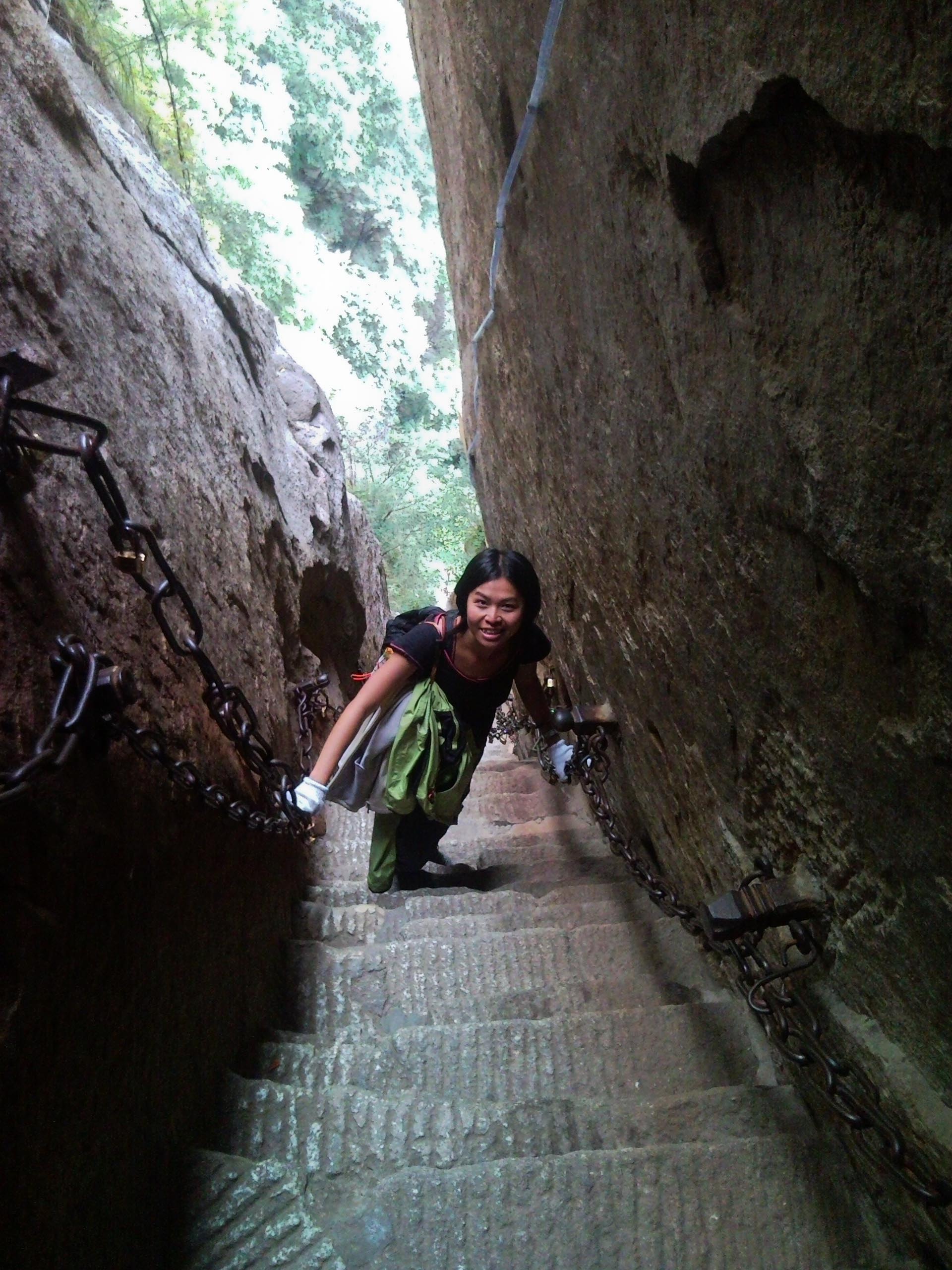
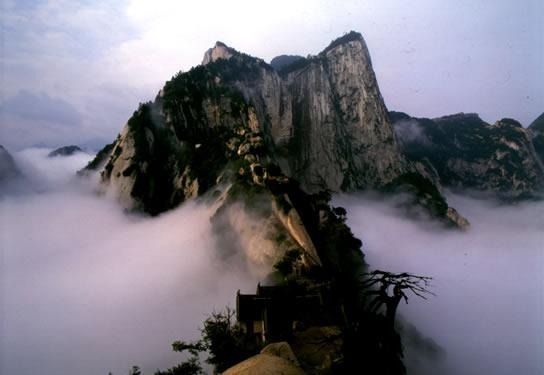
Once upon a time in China when humans could fly, walk on water and kill just by blowing out their internal energy, five great masters of the wulin (martial art’s community) from five different regions of China, hence their nicknames Eastern Heretic, Western Venom, Southern Emperor, Northern Beggar and Central Divine, descended on Mount Hua. These Five Greats came to fight for the Nine Jin Manual, a book which caused chaos in the martial art world. People killed each other to get their hands on the book which contained knowledge about powers, health, martial art techniques and philosophy and could enable one’s martial art skills and power multi-fold.
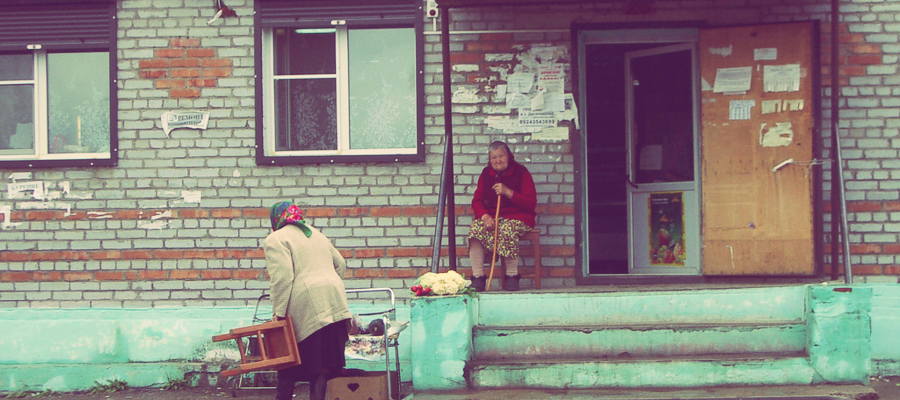
“Them, Us and Skitskoj (A Dialogue in the Editing Room)/ Oni, my a Skitskoj (Dialog ve st?ižn?)”, a Czech documentary about Old Believers living on the island of Skitskoj, an inaccessible taiga in the North of Russia, got me completely hooked.Skitskoj is isolated from the outside world by three rivers, the Pichora, Tsilma, and Pizhma. To get to the village, at one point, the film crew had to use a rudimentary hand-pulled cable ferry system. These Old Believers followed strict religious rituals to the point of obsession. Because of their extreme isolation, they distrusted outsiders.
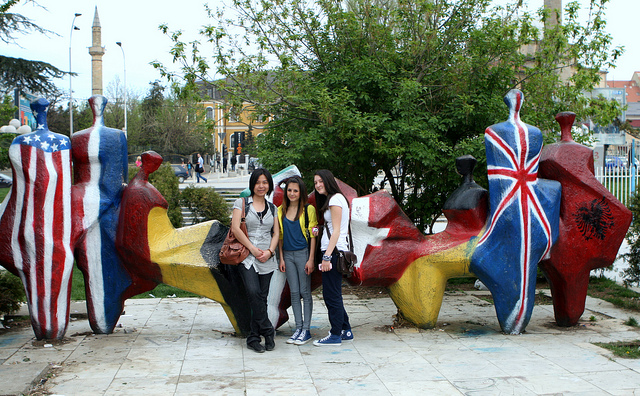
I woke at 3.30, not able to sleep because of the light from the window. I sat up from the seat, lowered the window and looked outside to uninteresting countryside landscape. I woke up the Macedonian, my bunk-mate, an hour later to move his legs aside so I could get out and find a train conductor who was nowhere in sight. One thing about train conductors is they are everywhere when you don’t need them, interrupt you in your meditative state of being to check your train ticket and wake you up from your beauty sleep at night to do another ticket controlling. The Macedonian rose from his
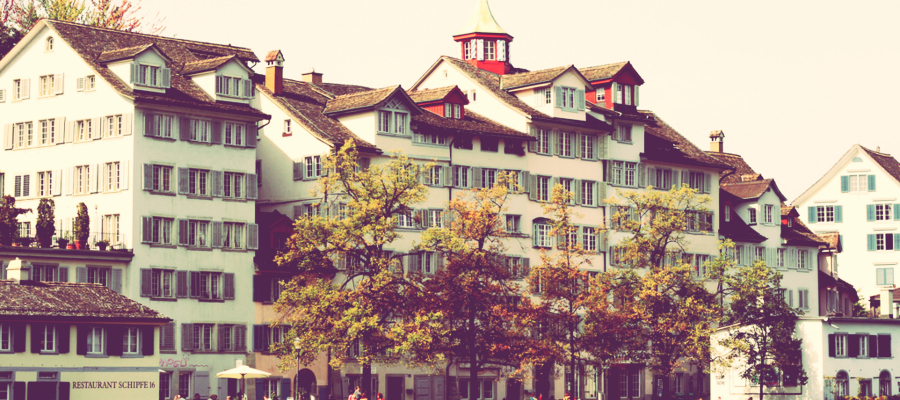
I arrived in Zurich by train from Feldkirch, Austria quite early in the morning and had almost half a day until my bus back to Prague would depart. Three days ago, I took an overnight bus from Prague to Zurich, hopped on a train from Zurich to Feldkirch Austria, my base to visit Liechtenstein. I quickly stored my backpack at the train station and inquired about the free bike service. Yup, you could rent a bike for free in one of the most expensive cities in Europe. Perhaps the city wants to encourage people to switch to bike and free the streets of cars, attract more tourists or experiment different method of advertising.
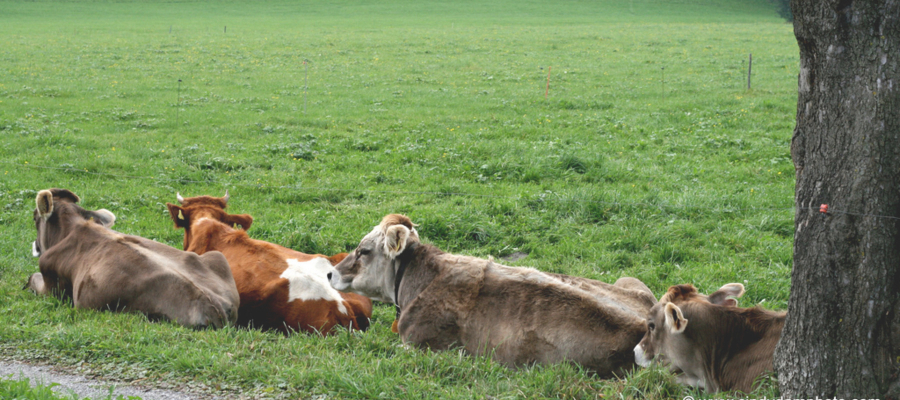
While researching for the trip, I found a travel forum that suggested biking in Liechtenstein. When I stayed in Feldkirch, Austria, a city located on the border with Switzerland and Liechtenstein, I checked with other people about biking to Liechtenstein from here but got talked down. Tourists at the hostel where I was staying all took the bus to Vaduz, the capital of Liechtenstein. At first, I didn’t want to go. My overeaten-breakfast stomach and discouraging comments from other hostelers almost convinced me to buy a day pass and hop on the Liechtenstein bus to enjoy a smooth ride. Thank god my curiosity got over my laziness, and I took bus no.2 to Hotel Gasthof Löwen to rent a bicycle. (www.hotel-loewen.at)
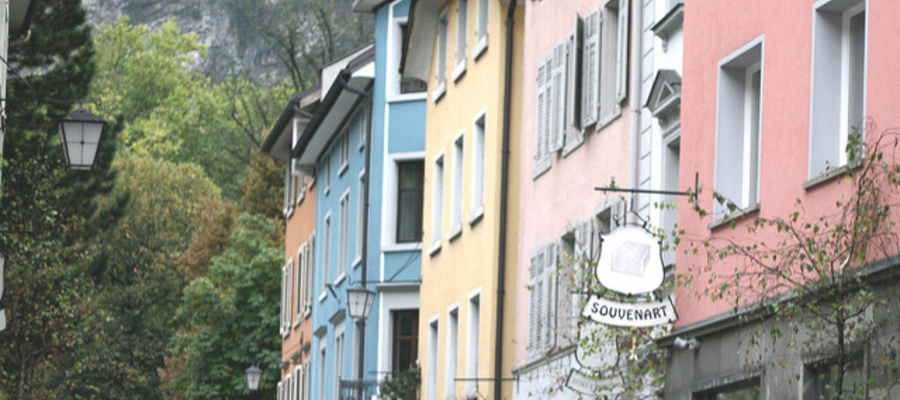
Feldkirch is a no-name little town in Austria. You have no business of going there unless you find yourself scratching your head and wondering how will you do Switzerland and Liechtenstein in a limited amount of time and under a shoestring budget.
Living in Central Europe is great. Where else can you make a very last-minute decision to go to another country, not one but three other countries, a few hours before the actual trip?